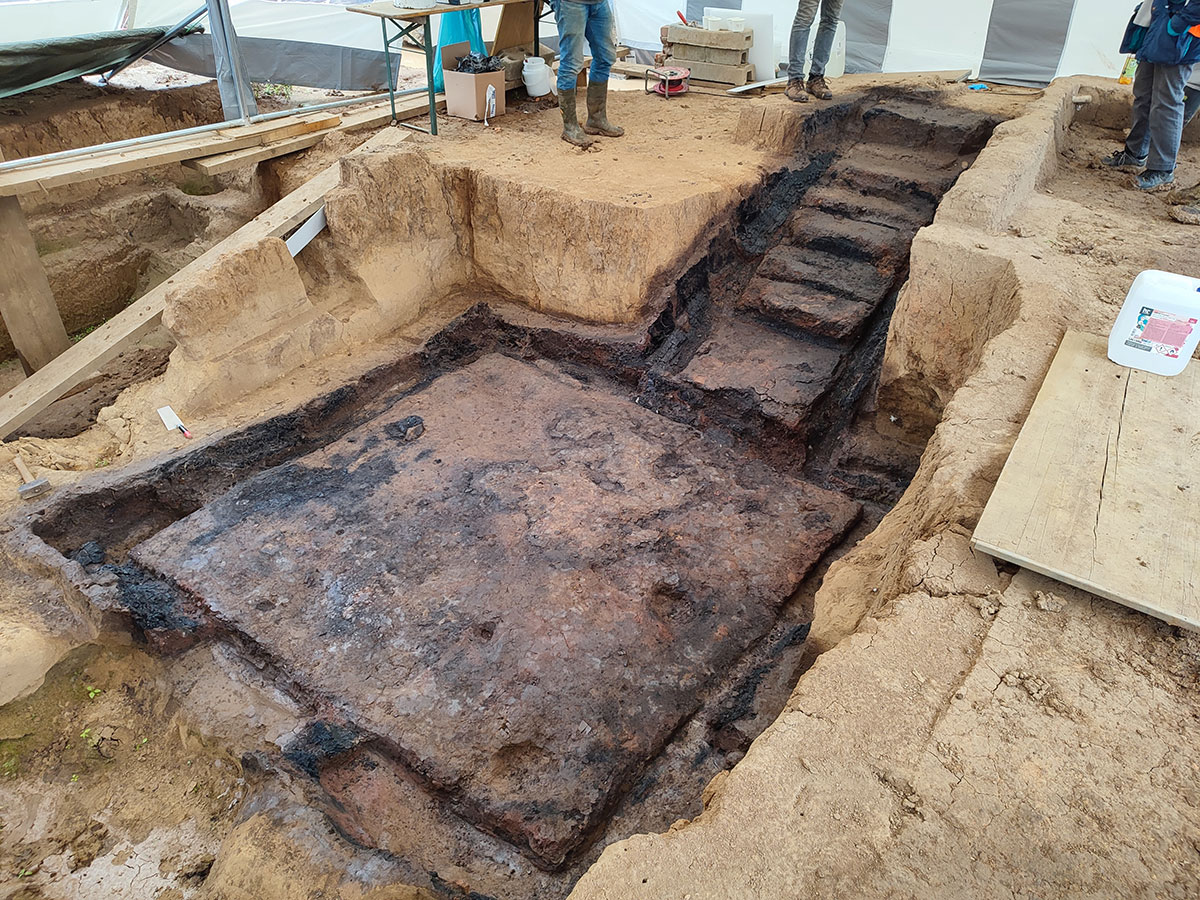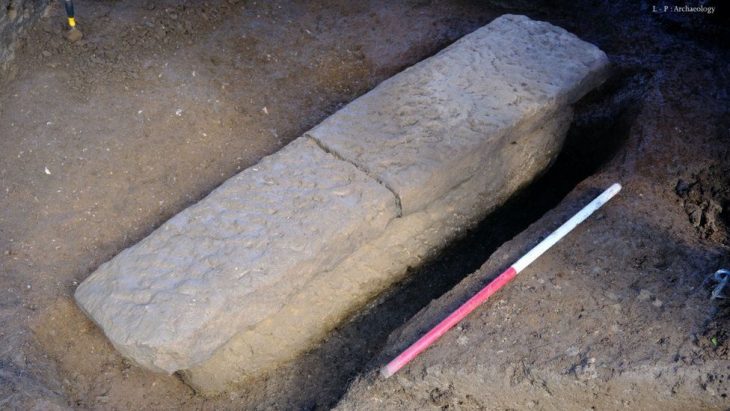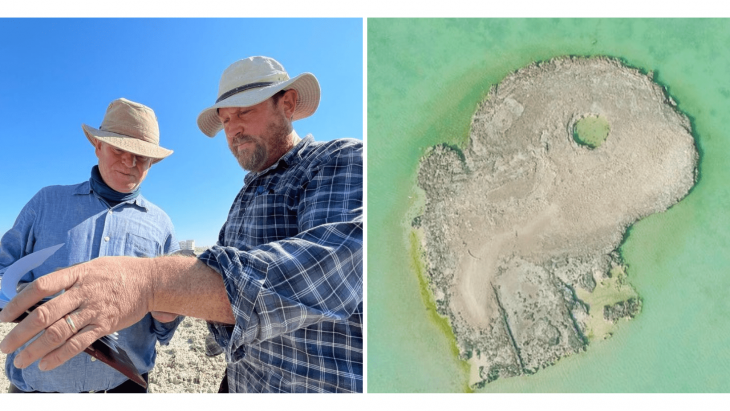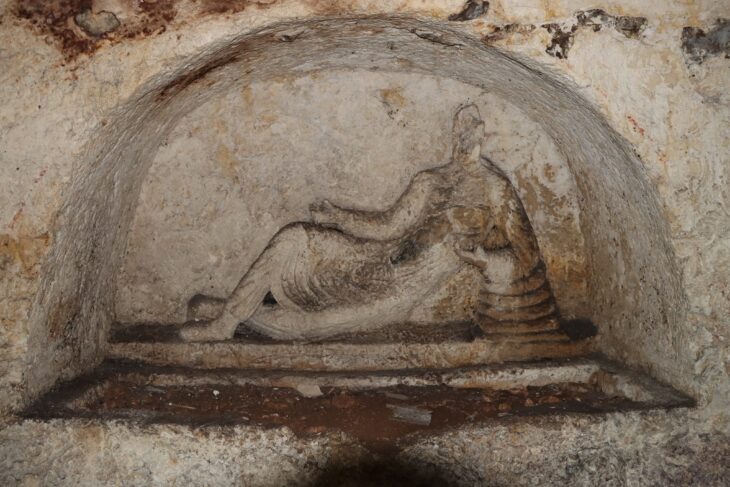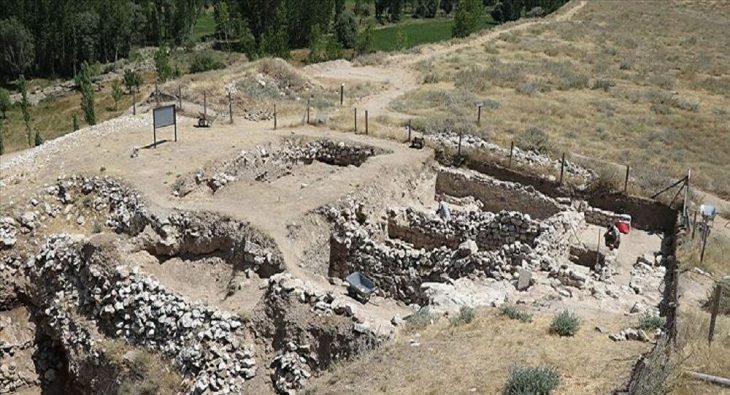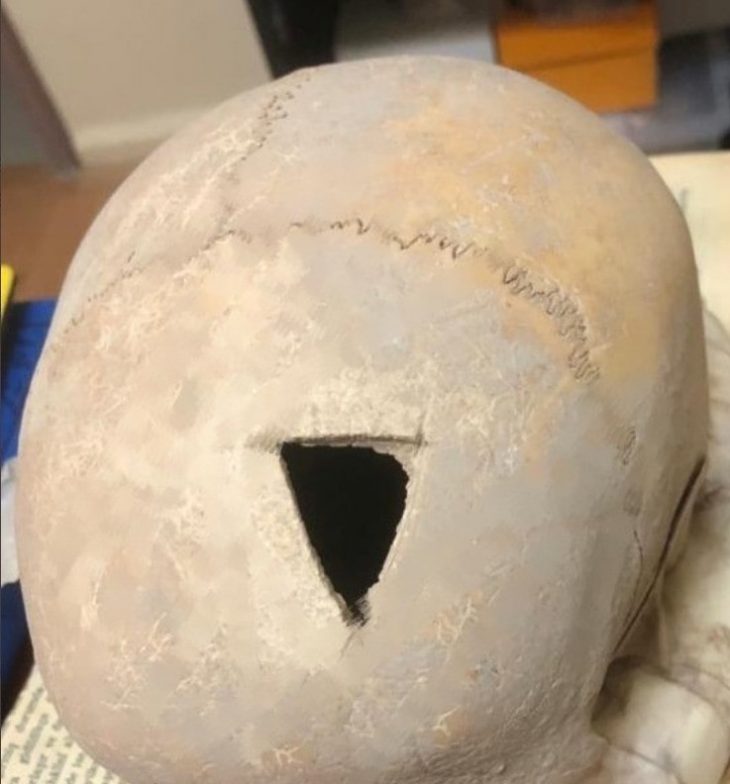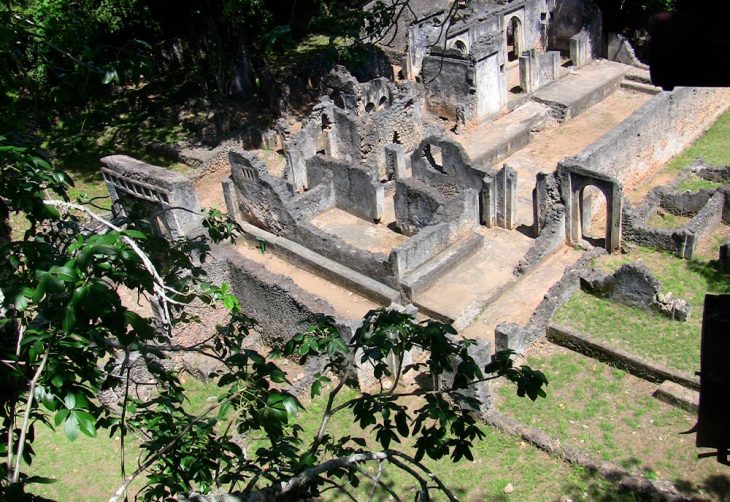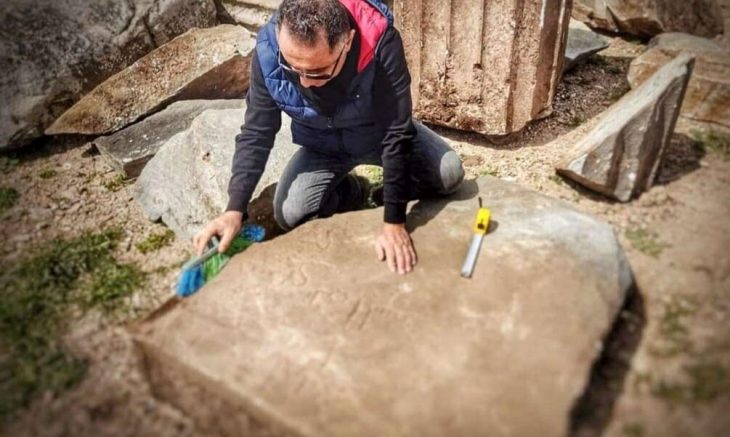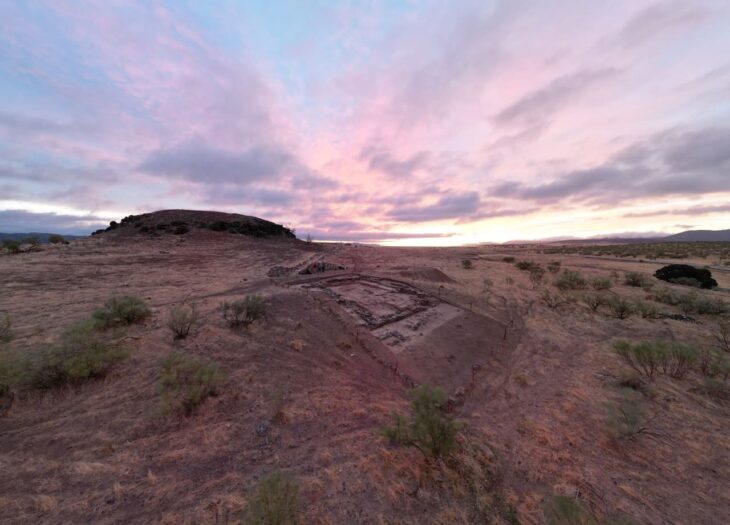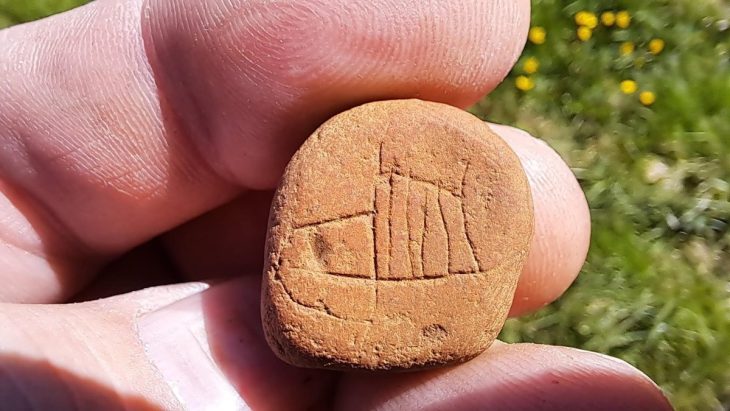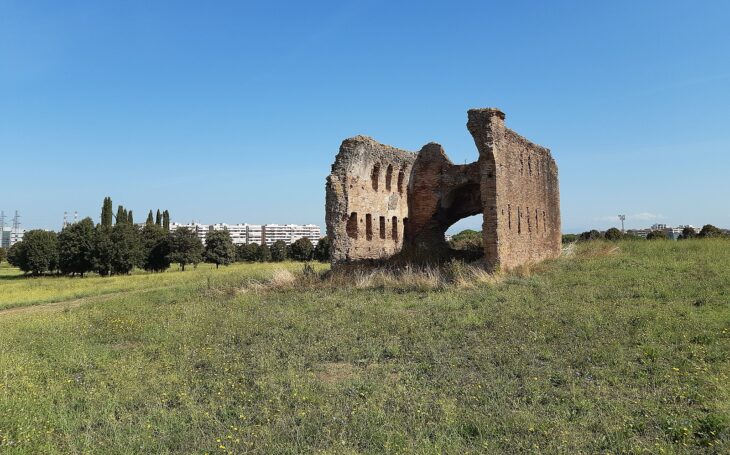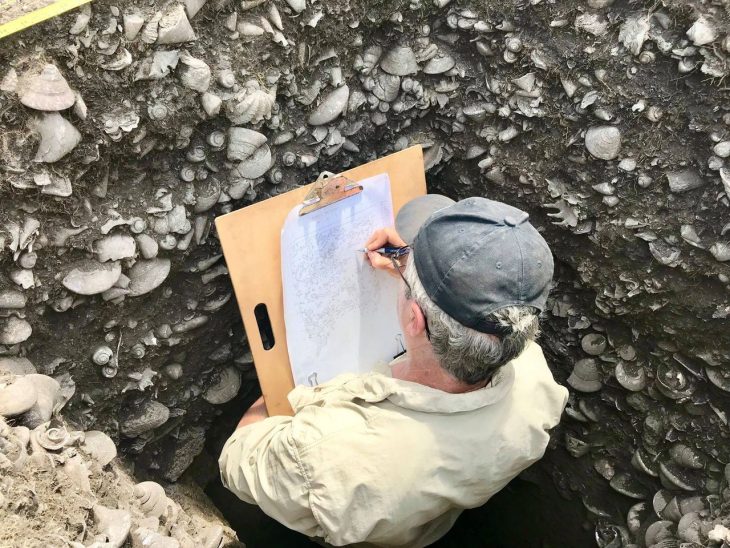Archaeologists from the Frankfurt Archaeological Museum have recently uncovered a remarkably preserved wooden cellar in the Roman city of Nida in Frankfurt, Germany.
Situated in what is now Frankfurt’s modern districts of Heddernheim and Praunheim, Nida was a prominent Roman settlement. At the time of the Roman Empire, it was the capital of the Civitas Taunensium. The name of the settlement is known thanks to written sources from Roman times and probably derives from the name of the adjacent river Nidda.
Nida probably had a population of 10,000 at its peak, during the first century AD, and was one of the largest Roman settlements in the Limes area. However, by AD 259 the population went into decline due to the Alemanni’s conquest of the Agri Decumates region.
The wooden cellar was part of a Roman residential building, most likely built in the late first century AD on the southern side of Nida’s two main streets (Platea Praetoria).
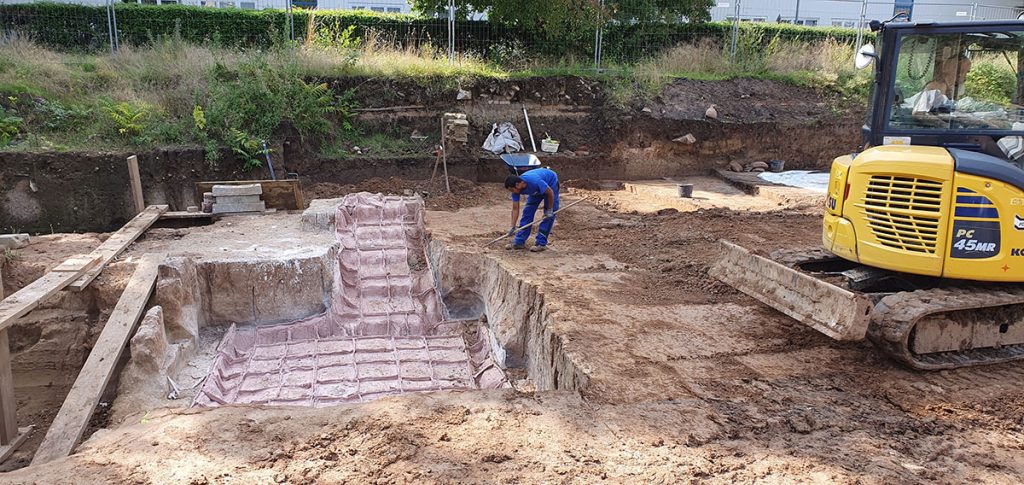
The cellar entrance faced south of the main street, and the burnt steps of the cellar staircase are still visible. Throughout the cellar, charred beams, charcoal, and fire debris bear witness to the destructive fire that once completely destroyed the house in antiquity. Some of the discoveries demonstrate the effects of the fire, such as a glass jar melted by the intense heat and iron utensils still lying on the cellar stairs. This demonstrates that the residents did not have time to save all of the movable objects from the cellar. The property was eventually rebuilt after the fire, but the cellar was no longer in use.
To determine the exact date of the construction and destruction, the finds from the excavation must first be evaluated.
The cellar is not the first to contain fire debris from the Roman Nida. Similar finds were discovered during excavations in the ancient city several times over the last century, but they were usually less well preserved and had not been examined as thoroughly using modern excavation methods.
Frankfurt Archaeological Museum
Cover Photo: Frankfurt Archaeological Museum

